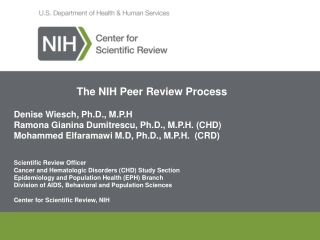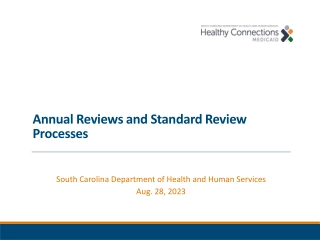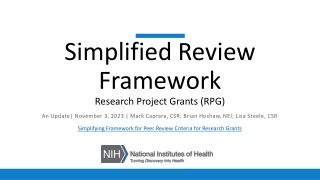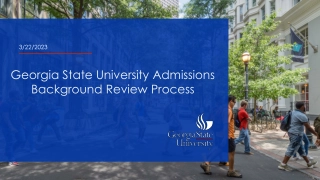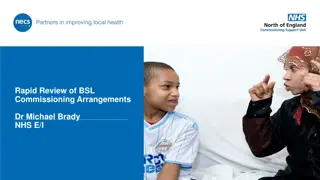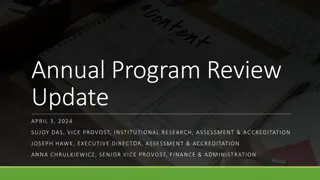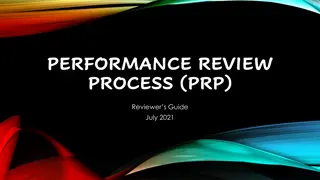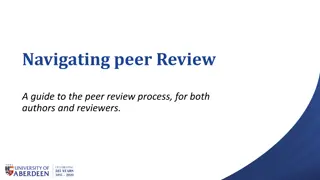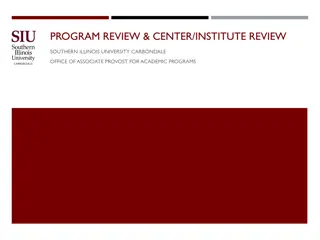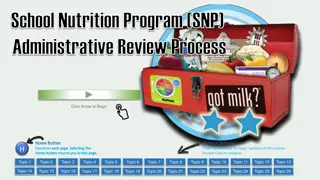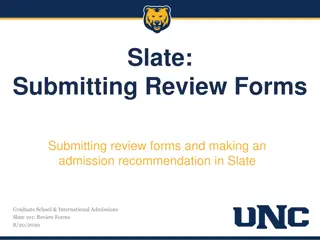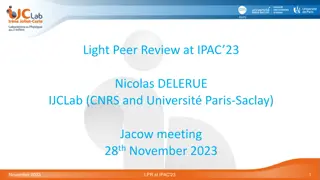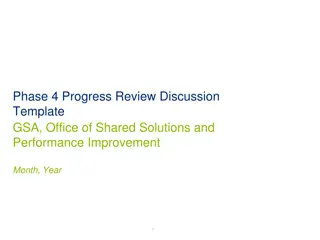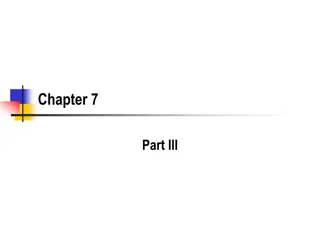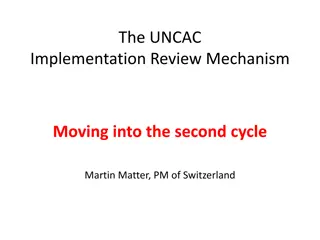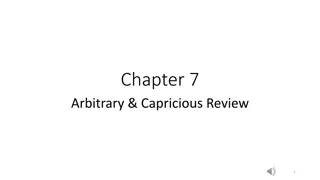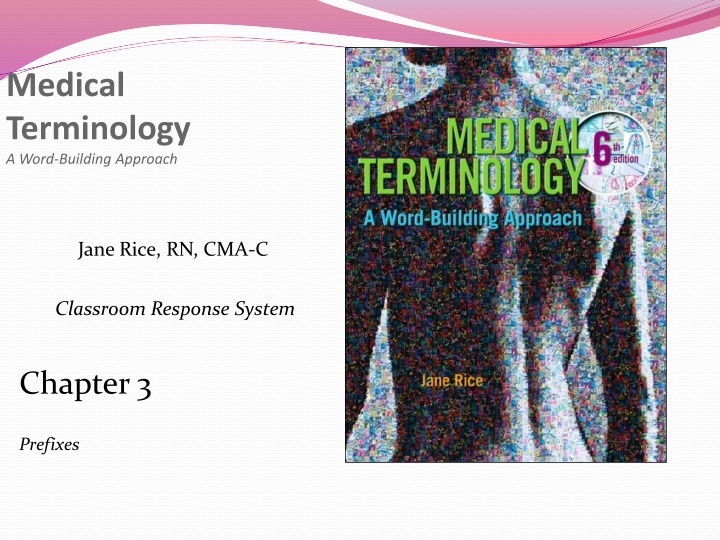
Medical Terminology Prefixes Quiz Questions
Test your knowledge on medical terminology prefixes with these quiz questions. Identify prefixes that indicate absence, difficulty, number, spatial relationships, and more. Enhance your understanding of medical language building blocks.
Download Presentation

Please find below an Image/Link to download the presentation.
The content on the website is provided AS IS for your information and personal use only. It may not be sold, licensed, or shared on other websites without obtaining consent from the author. If you encounter any issues during the download, it is possible that the publisher has removed the file from their server.
You are allowed to download the files provided on this website for personal or commercial use, subject to the condition that they are used lawfully. All files are the property of their respective owners.
The content on the website is provided AS IS for your information and personal use only. It may not be sold, licensed, or shared on other websites without obtaining consent from the author.
E N D
Presentation Transcript
Medical Terminology A Word-Building Approach Jane Rice, RN, CMA-C Classroom Response System Chapter 3 Prefixes
A prefix that means without is: A. an- B. ant- C. anti- D. auto-
A prefix that means without is: A. an- B. ant- C. anti- D. auto-
The prefix de- means: A. apart, separate B. difficult, painful C. down, away from D. outside, outer
The prefix de- means: A. apart, separate B. difficult, painful C. down, away from D. outside, outer
The prefix bi- means: A. with B. two C. away from D. up
The prefix bi- means: A. with B. two C. away from D. up
What is a prefix that means difficult? A. di- B. dia- C. dis- D. dys-
What is a prefix that means difficult? A. di- B. dia- C. dis- D. dys-
The prefix peri- means: A. around B. away from C. beyond D. down
The prefix peri- means: A. around B. away from C. beyond D. down
The prefix nulli- means none. A. True B. False
The prefix nulli- means none. A. True B. False
underdevelopment of a tissue, organ, or body. A. True B. False
underdevelopment of a tissue, organ, or body. A. True B. False
Bifurcate means separating into two branches. A. True B. False
Bifurcate means separating into two branches. A. True B. False
Process of closing or state of being closed is called occlusion. A. True B. False
Process of closing or state of being closed is called occlusion. A. True B. False
The prefix multi- means many. A. True B. False
The prefix multi- means many. A. True B. False
The prefix oligo- means all. A. True B. False
The prefix oligo- means all. A. True B. False
A prefix that means beneath is retro-. A. True B. False
A prefix that means beneath is retro-. A. True B. False
Poly- is a prefix that means many, much, and excessive. A. True B. False
Poly- is a prefix that means many, much, and excessive. A. True B. False
A prefix modifies the meaning of the word. A. True B. False
A prefix modifies the meaning of the word. A. True B. False
The prefix circum- means above. A. True B. False
The prefix circum- means above. A. True B. False
Chapter 3 Scenario You are a ward clerk in the ER. A 56-year-old male patient comes in with chest pain. The patient complains of tachypnea, is afebrile, and goes into cardiac arrest.
What does the word tachypnea mean? A. difficult breathing B. excessive breathing C. fast breathing D. lack of breathing
What does the word tachypnea mean? A. difficult breathing B. excessive breathing C. fast breathing D. lack of breathing
The term afebrile means: A. pertaining to a fever B. pertaining to without fever C. pertaining to pain D. pertaining to without pain
The term afebrile means: A. pertaining to a fever B. pertaining to without fever C. pertaining to pain D. pertaining to without pain
Cardiac arrest means the patient: A. had a heart attack B. had his heart stop C. had chest pain D. had a stroke
Cardiac arrest means the patient: A. had a heart attack B. had his heart stop C. had chest pain D. had a stroke
be considered a ________ of the cardiac arrest. A. diagnosis B. prognosis C. sign D. symptom
be considered a ________ of the cardiac arrest. A. diagnosis B. prognosis C. sign D. symptom
In the word tachypnea, tachy- means: A. difficult B. good C. fast D. slow
In the word tachypnea, tachy- means: A. difficult B. good C. fast D. slow

